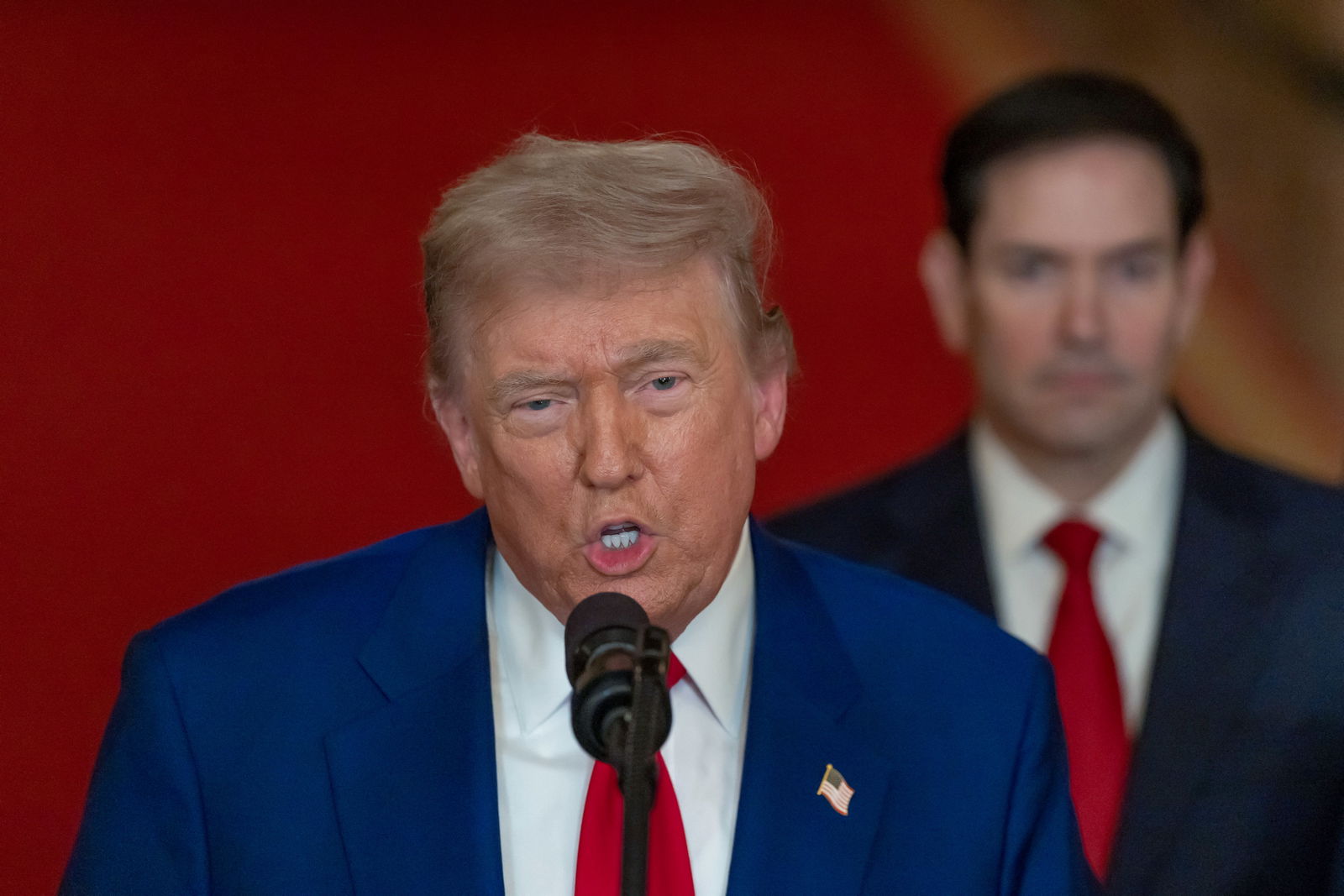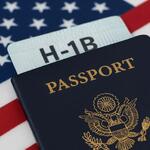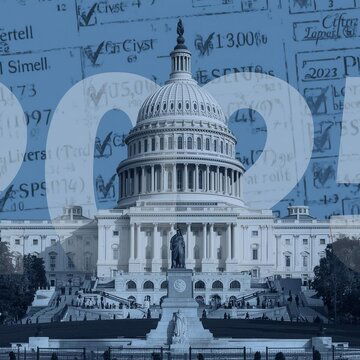A shutdown of the US federal government means that all non-essential functions of government are frozen. And this will affect everything from social security to air travel to national park access.
Following the Senate's failure to pass a funding bill, the US government shut down for the first time in six years on Wednesday, sending the nation into a serious crisis as President Trump threatened to lay off more federal employees. Notably, the shutdown clock expired at 12:01 a.m., and the Senate's 55-45 vote did not bode well for keeping the government open past midnight on Wednesday.
What is a government shutdown?
According to Britannica, “A government shutdown, as the term is most commonly used in the United States, is a forced cessation of most nonessential operations and services (i.e., those that are not deemed necessary to protect national security, public health, public safety, or property) performed by a range of federal departments and agencies due to lack of funding. The lack of funding itself results from the failure of Congress to pass, or from the refusal of the president to sign, one or more of the annual appropriations bills normally enacted by the start of each fiscal year on October 1”.
US government shutdown: Who will it impact?
The government will lose $400 million every day as a result of the 15th government shutdown since 1981, which will also slow air travel, suspend scientific research, withhold pay for American troops, furlough 750,000 federal employees, and stop several services, including the release of the highly anticipated September employment report.
Some of the federal agencies are dependent on funding being approved by Congress to allow the president to sign budget legislation for the fiscal year ahead. During the shutdown, if they can't approve funding, then those agencies are forced to shut down. This means that the employees can't go to work and are not paid.
What happens in the shutdown?
Although excepted employees continue to work unpaid until the shutdown is over, the law requires agencies to furlough their non-excepted employees, those who are not performing work deemed necessary to protect life and property, once the funding lapse occurs.
The White House Office of Management and Budget starts the process by informing agencies that there has been an appropriations lapse and instructing them to start orderly shutdown procedures. On Tuesday night, that memo was distributed. Approximately 7,50,000 federal employees would be placed on furlough each day of the shutdown, according to the Congressional Budget Office, at a daily compensation cost of roughly USD 400 million.
What government work continues during a shutdown?
FBI investigators, CIA officers, air traffic controllers, and agents operating airport checkpoints keep working.
During a shutdown, programs that depend on mandatory funding typically go on. Social Security benefits continue to be paid out. Medicare-eligible seniors can still see their physicians, and medical professionals can get paid. During a shutdown, health care for veterans also continues. VA benefits processing and delivery will continue, and Veterans Affairs medical centers and outpatient clinics will remain open. VA national cemeteries will still be used for burials.











